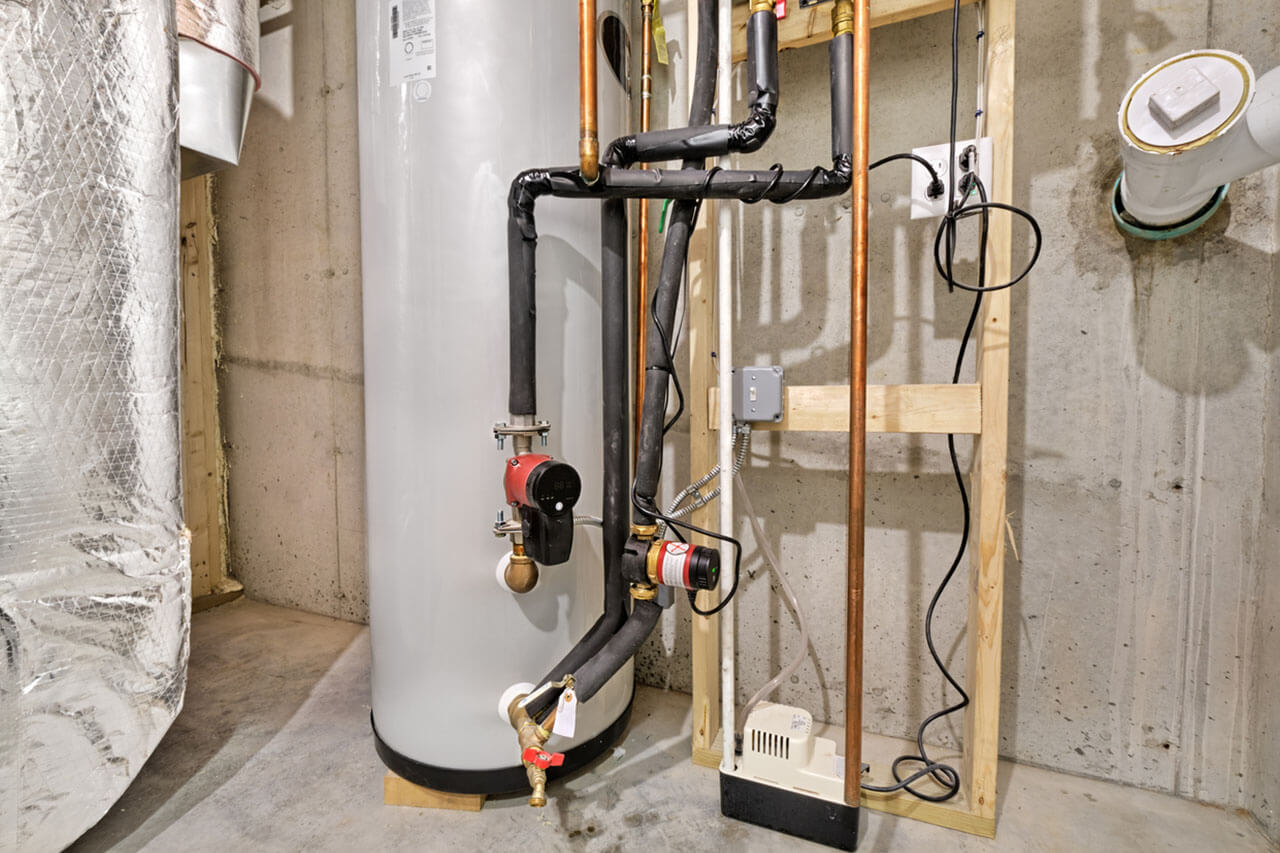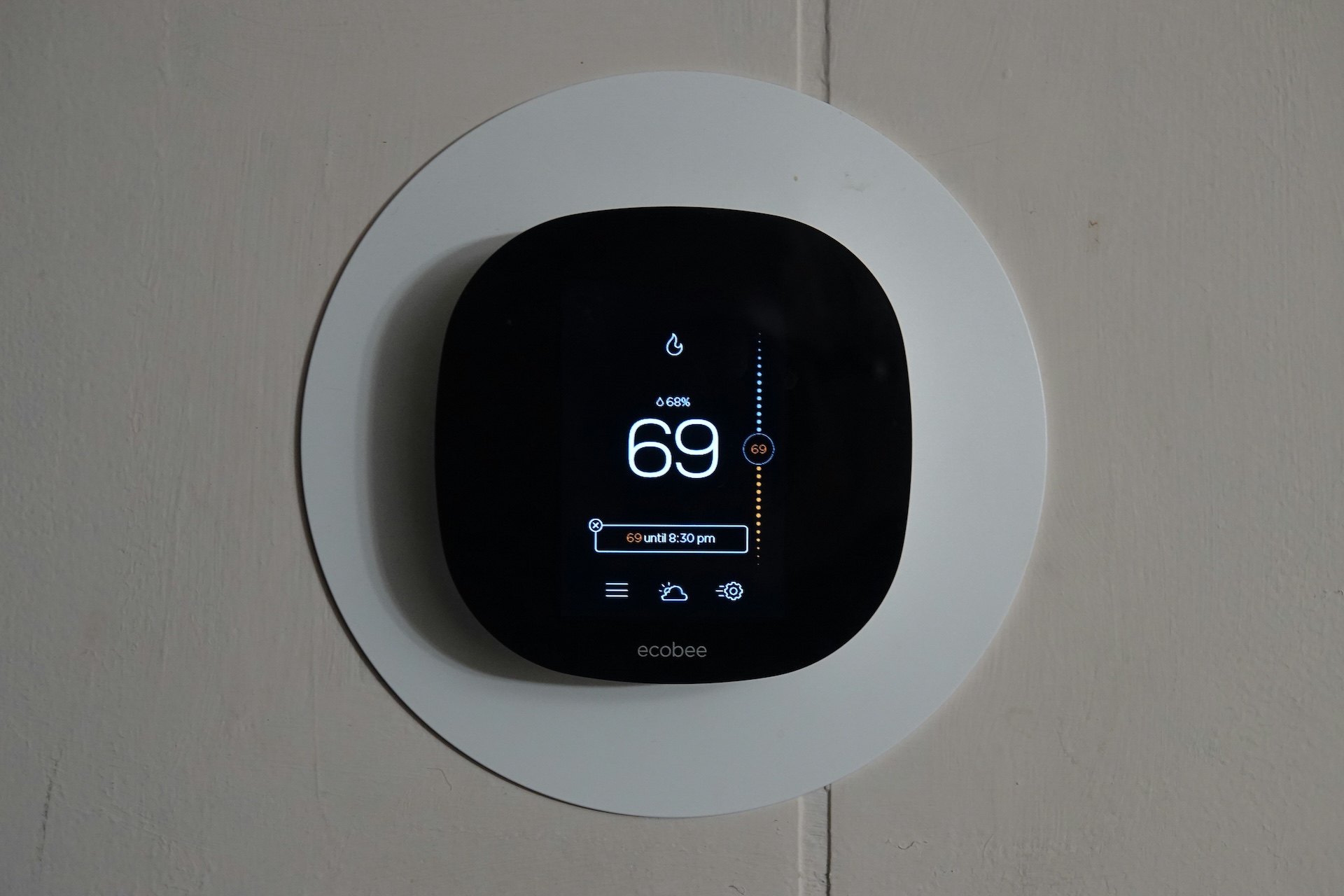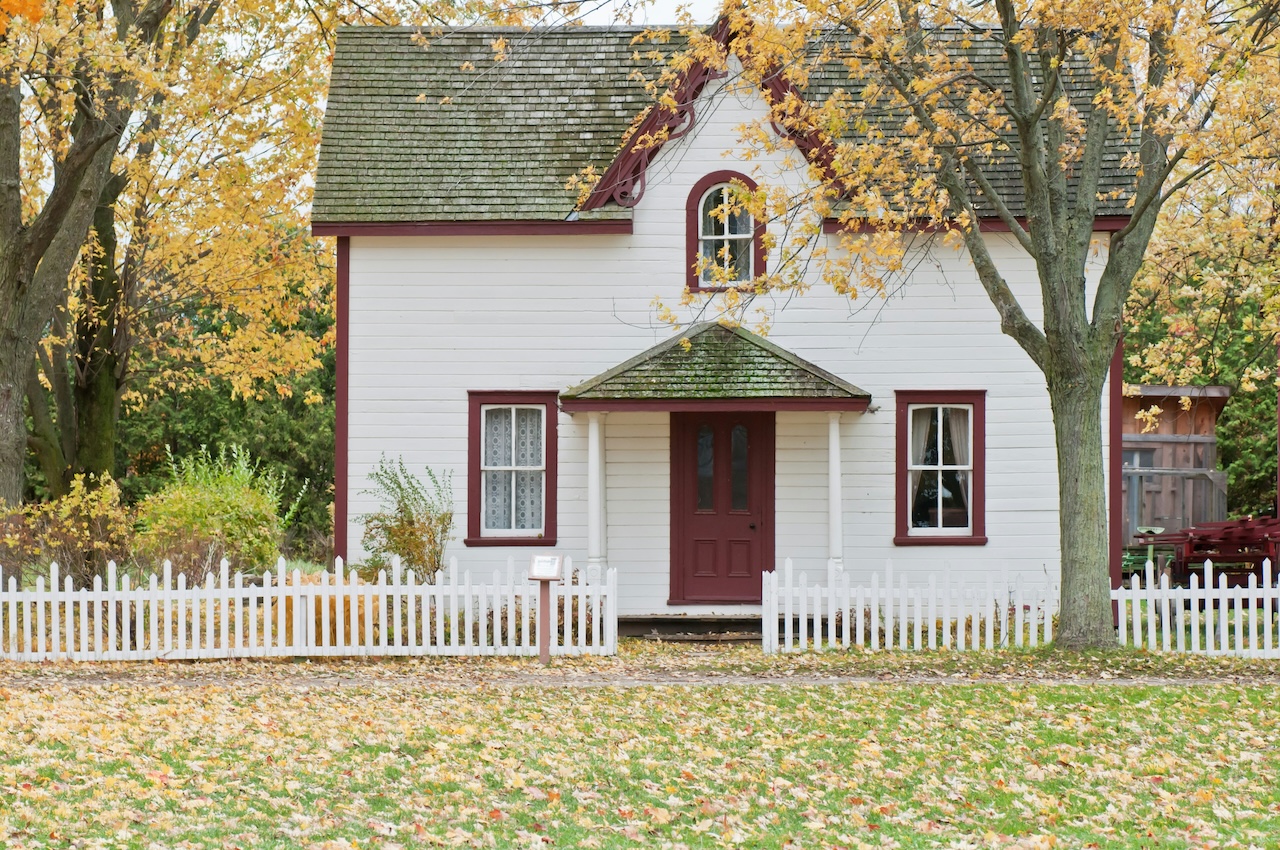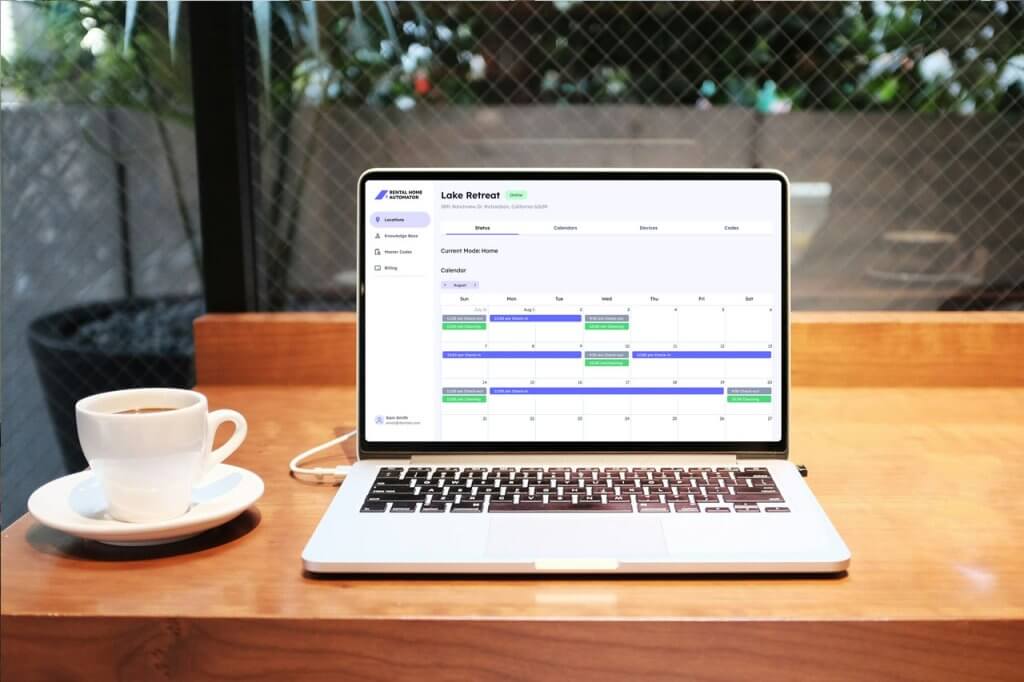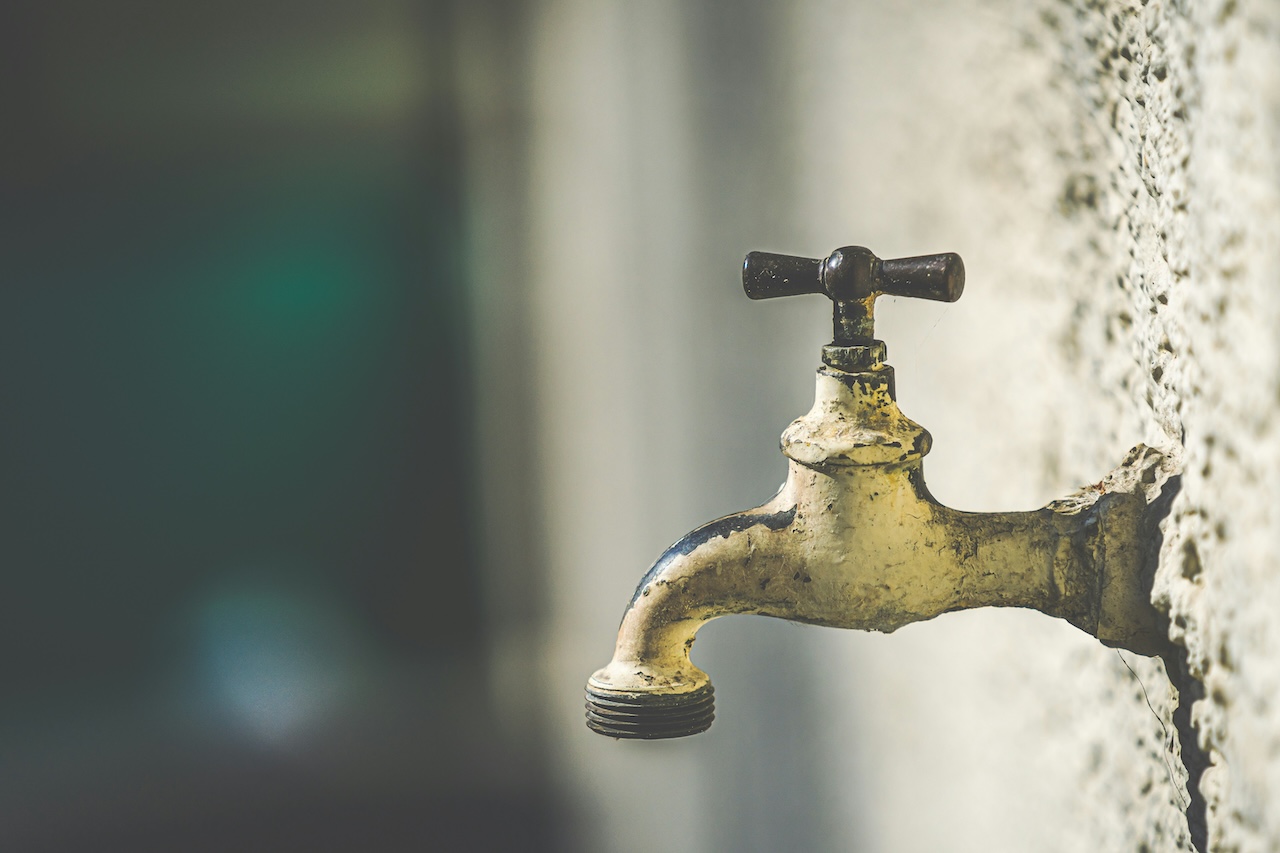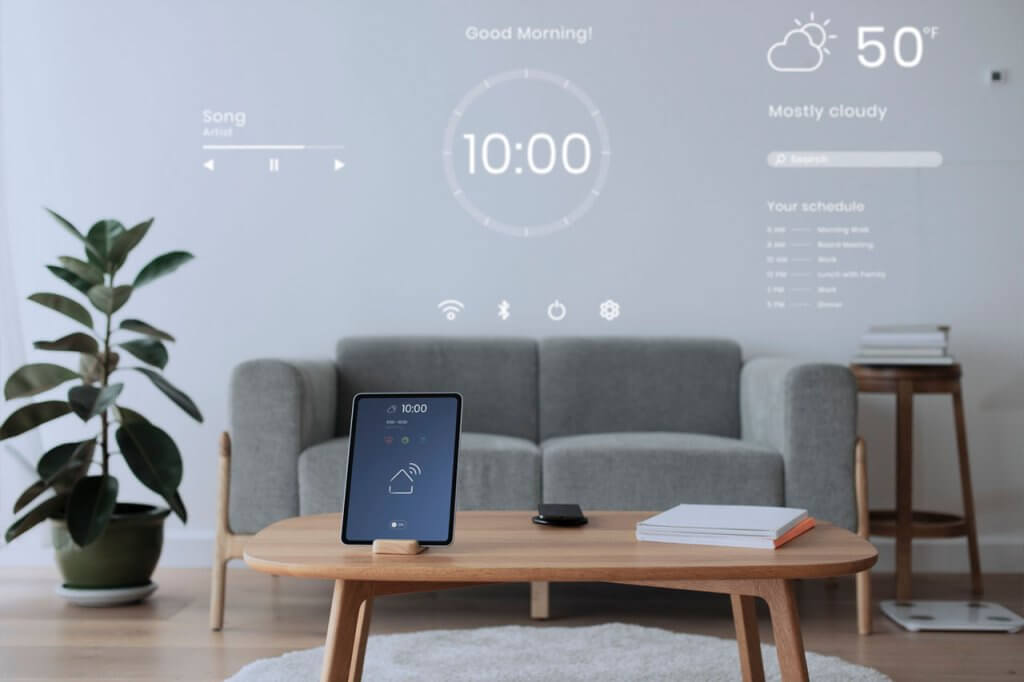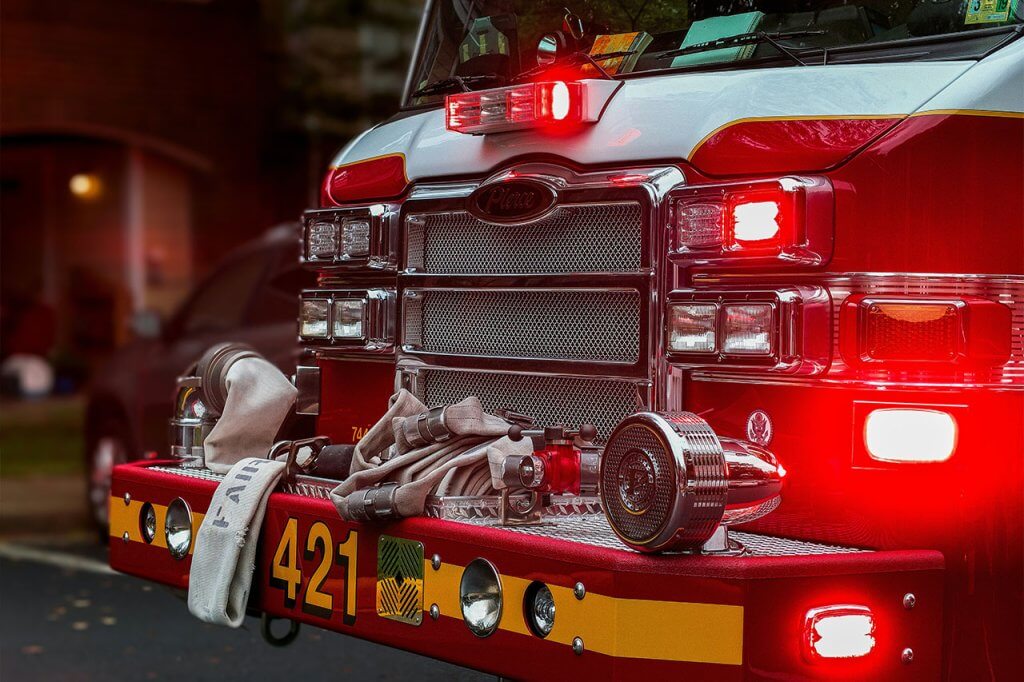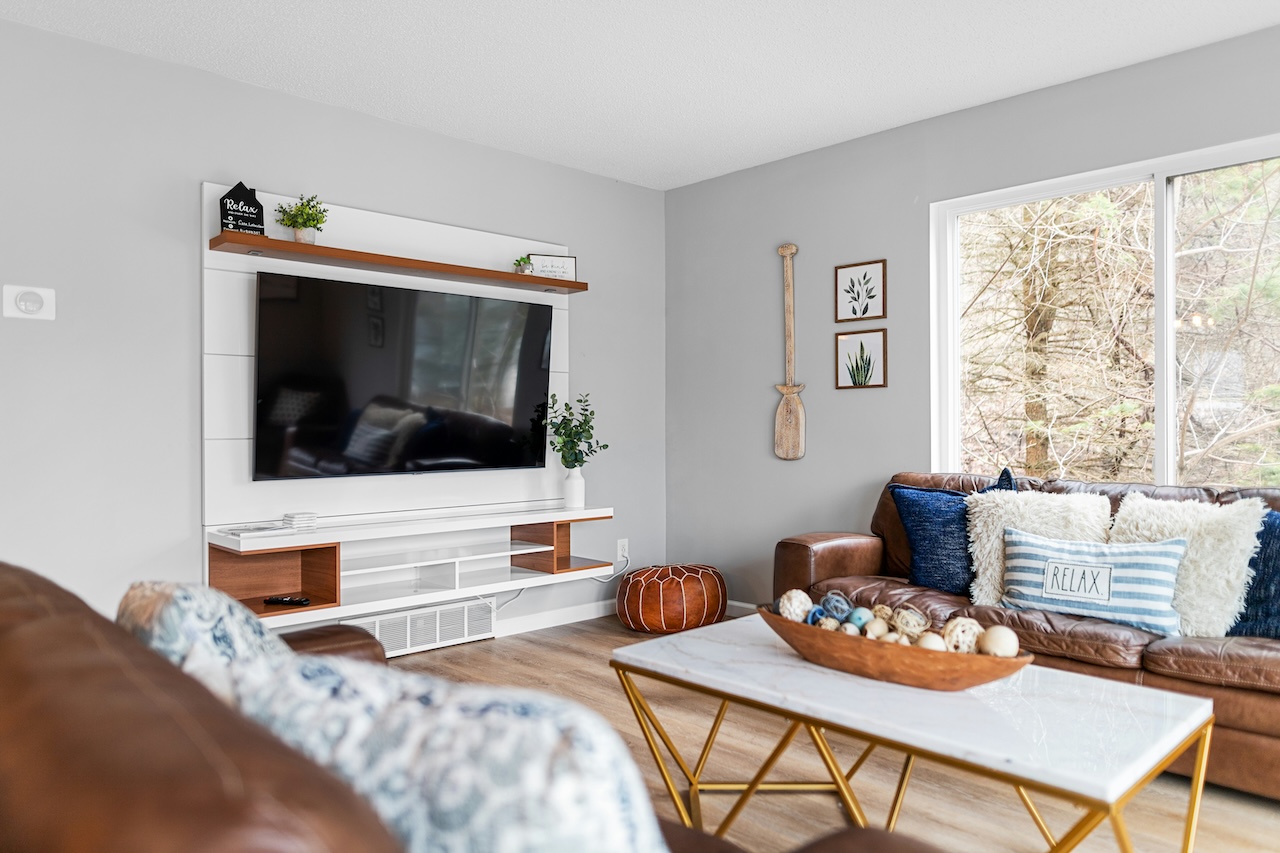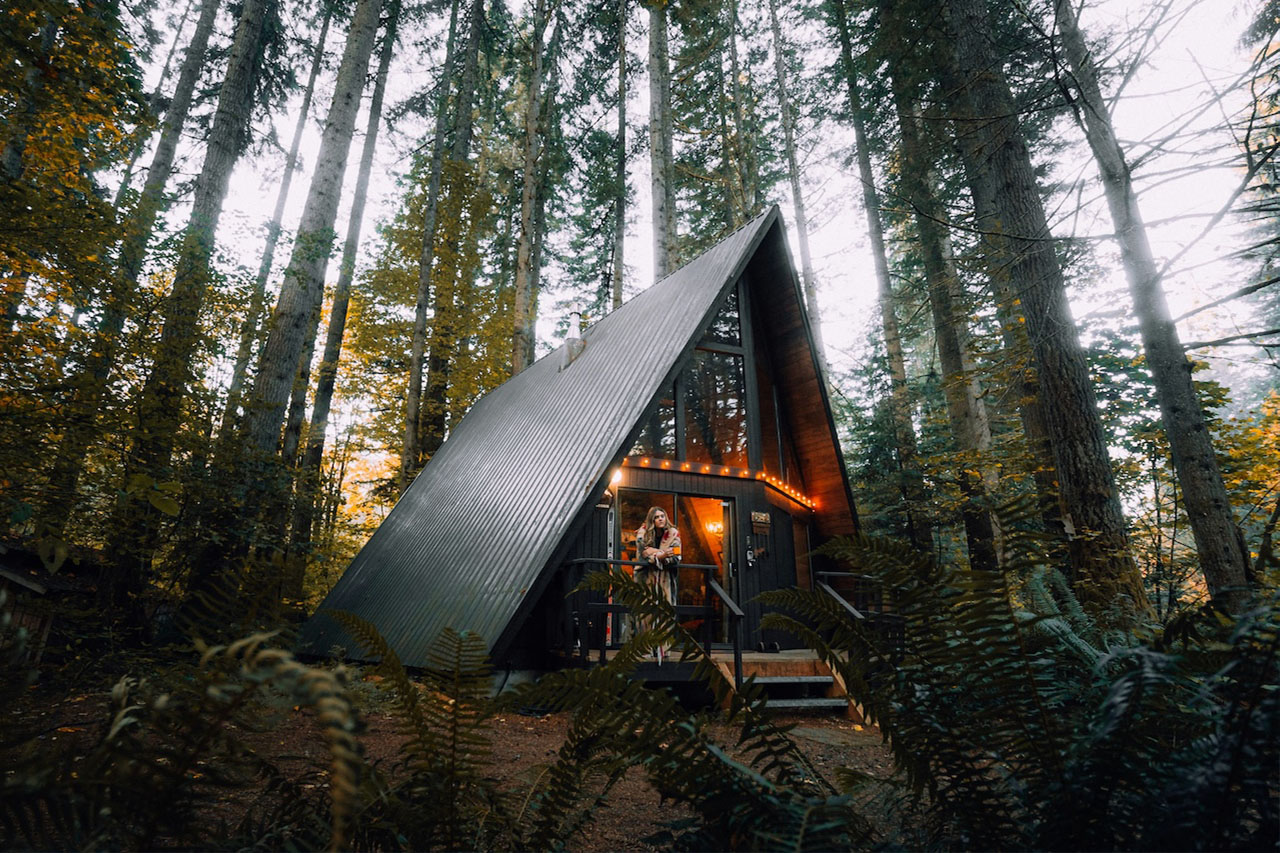Managing a short-term rental means balancing guest satisfaction with utility efficiency—and one of the most overlooked systems is the water heater. Whether it’s a group of guests all needing hot showers or an empty home wasting energy heating unused water, there’s a clear opportunity to do better.
That’s where water heater automation comes in. With a few smart upgrades, you can remotely control your water heater, reduce energy use, and avoid cold-shower complaints—without needing to replace the entire system.
What Is Water Heater Automation?
Water heater automation involves using smart home technology to control when your water heater is powered on or off. It gives short-term rental hosts the ability to:
- Remotely control the system before and after guest stays
- Cut standby energy costs
- Avoid unnecessary water heating when the home is unoccupied
Two Ways to Automate Your Existing Water Heater
You don’t need to replace your current system to make it smart. In fact, most traditional water heaters can be automated with simple hardware upgrades.
✅ 1. Add a Smart Plug
If your current water heater has an electronic ignition that plugs into the wall, it is super easy to automate. Simply get a smart plug and use this to switch the power on/off per your rental calendar.
If your water heater uses a gas-powered igniter, many models allow you to upgrade to an electric ignition system. Once that’s in place, you can follow the same as above.
✅ 2. Use a Smart Switch
If your short-term rental has a 240-volt electric water heater, then you can automate it by using a smart switch built for high-voltage appliances, described in more detail in our step-by-step guide.
Both of these methods give you full control and flexibility—turn the heater on before guests arrive and off after they leave, all from your phone or automation system.
Alternative Option: Use a Tankless Water Heater
While not strictly a method of automation, tankless water heaters offer a built-in efficiency advantage for short-term rentals. These units only heat water on demand, meaning there’s no need to schedule or shut them off. We’ve installed the Rheem Ikonic Tankless Water Heater at a couple of our properties and so far we are really impressed. It has performed really well and the Wi-Fi connected features are fantastic.
The added benefit for short-term rentals is the endless hot water supply. Tankless water heaters heat on demand, therefore they never run out of hot water. This prevents warm or cold water showers after the 2nd or 3rd shower of the morning, common when everyone in the group needs to shower before checking out or attending an activity.
Benefits of tankless systems:
- Endless hot water, even with multiple guests showering back-to-back
- No need to preheat or manage a schedule
- More compact and efficient than traditional tanks
If you’re already planning to replace your water heater, tankless units aren’t that much more expensive and can be a great long-term investment for high-traffic rental properties.
Keep in mind that plumbing companies typically don’t like to service a tankless unit they didn’t put in. So check with your local companies before installing one yourself.
Is Water Heater Automation Worth It?
If your current water heater works fine, it’s probably not worth replacing it just for automation. But if you already have an electric ignition or 240v setup, adding smart controls is an easy win.
And if you’re in the market for a new unit? A tankless system might be the best upgrade for both guest experience and long-term utility savings.
Water heater automation is one of the easiest ways to improve energy efficiency and control in your short-term rental—without breaking the bank. Whether you’re using a smart plug, a 240v smart switch, or upgrading to a tankless heater, there’s a solution that fits your setup and your goals.
By automating your water heater, you can:
- Cut energy costs
- Prevent cold shower complaints
- Extend appliance life
- Remotely manage your property with less hassle
For trusted smart devices and automation strategies designed specifically for hosts, visit Rental Home Automator.

